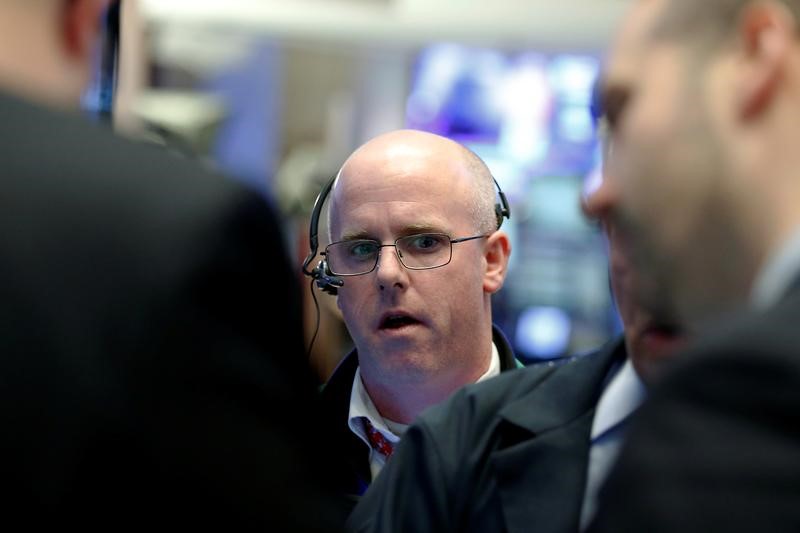© Reuters.
By Echha Jain
(Reuters) – Bank of Queensland shares fell nearly 5% on Wednesday, as the lender cut its dividend after annual profit plunged by about 70% amid depressed mortgage lending, and flagged margin pressure.
Shares of the Australian regional lender declined as much as 4.7% to A$5.51 by 0005 GMT and looked set to post their worst day since May 31 if losses held.
BOQ logged a statutory net profit after tax of A$124 million ($79.79 million) for the year ended Aug. 31, compared with A$409 million a year earlier. It cut its final dividend to 21 Australian cents per share from last year’s 24 Australian cents apiece.
Net interest margin fell to 1.69%, compared with a restated 2022 number of 1.71%. The bank recorded a one-off impairment charge of more than A$300 million, which also hit its earnings.
The small-cap lender expects revenue and margin pressures to continue into 2024 fiscal year, reflecting credit growth and competition, while flagging a possible low single-digit cost growth.
“A very weak result, with the likelihood of further negative revisions to FY24 consensus expectations,” analysts at Citi said in a note, adding that the management would have a “tough task in building credibility in their medium-term productivity story.”
“We recognise that this has been a difficult year for our shareholders and take accountability for the operational risk failings,” BOQ CEO Patrick Allaway said in a statement.
($1 = 1.5540 Australian dollars)
Read the full article here


